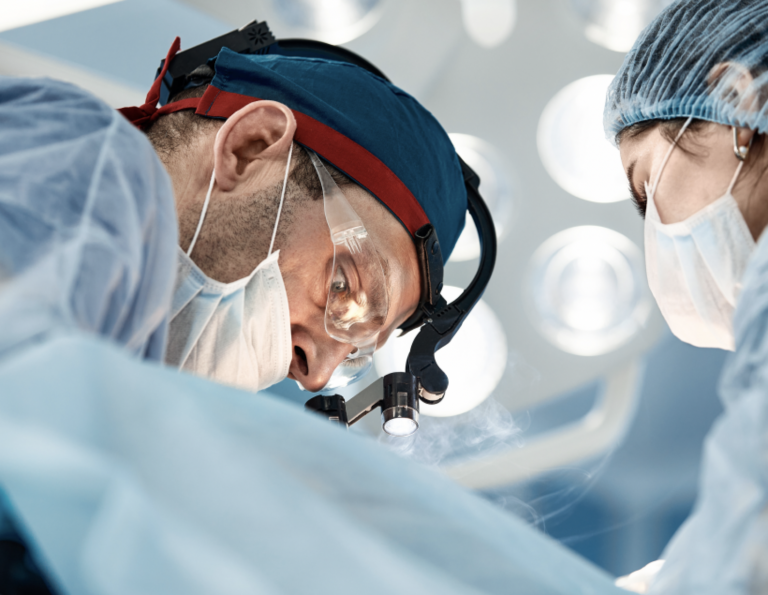Am I Eligible for a Kidney Transplant?
Adults and children with kidney failure may be eligible for transplants. The first step is an evaluation at a kidney transplant center. The medical evaluation will determine if you’re healthy enough for the transplant. If so, the center will add you to the United Network for Organ Sharing (UNOS) kidney donation waiting list for your geographic area.
On average, people wait three to five years, and can sometimes wait up to 10 years, before a kidney becomes available. That’s why it’s a good idea to get evaluated for a transplant soon after learning you have chronic kidney disease. In some cases, you can have a preemptive (early) transplant, which occurs before you need to start dialysis. Research shows this approach can result in better long-term health outcomes.



